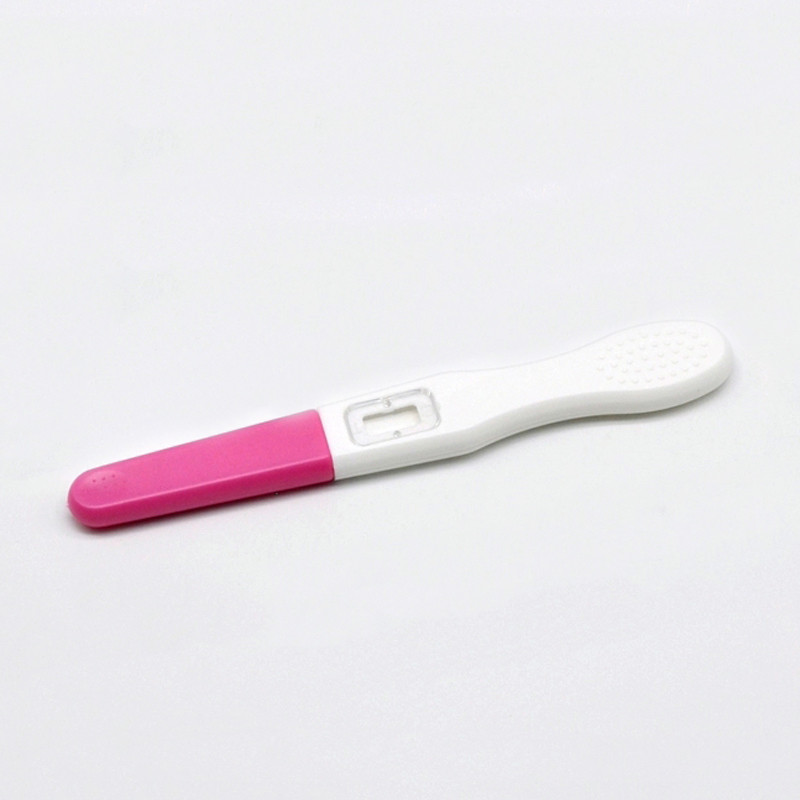Oct . 06, 2024 13:48 Back to list
buy pregnancy check kit manufacturers
Exploring the Market for Pregnancy Check Kit Manufacturers
The demand for pregnancy check kits has surged in recent years as more individuals seek convenient and reliable methods to confirm pregnancy at home. This increase can be attributed to various factors including the growing awareness of reproductive health, the rising number of women planning pregnancies later in life, and advancements in diagnostic technology. For manufacturers, this presents an opportunity to cater to a vibrant market fueled by innovation and consumer needs.
Pregnancy check kits, commonly known as home pregnancy tests (HPTs), work by detecting the presence of human chorionic gonadotropin (hCG) hormone in urine. This hormone is produced shortly after a fertilized egg attaches to the uterine lining, typically within a week of conception. Manufacturers play a crucial role in ensuring that these tests are not only accurate but also easy to use and accessible to a wide demographic.
Market Dynamics and Trends
Some key trends in the pregnancy check kit manufacturing industry include the rise of digital health solutions and eco-friendly products. Digital pregnancy tests are becoming increasingly popular, as they provide a digital readout of results, eliminating the possibility of misinterpretation. These advancements cater particularly to tech-savvy consumers who prefer using modern gadgets for their health-related needs.
Moreover, the push for sustainable products has led manufacturers to explore biodegradable materials and reduce plastic waste in their packaging. Eco-friendly initiatives resonate well with environmentally conscious consumers and reflect a larger trend towards sustainability in healthcare products.
Key Players in the Industry
buy pregnancy check kit manufacturers

Major manufacturers in the pregnancy test market include trusted brands like Clearblue, First Response, and EPT. These companies have established themselves by consistently providing reliable and easy-to-use products. They usually invest heavily in research and development, ensuring their tests offer quick results with high accuracy.
In addition to established brands, many small and medium-sized enterprises are entering the market, seeking to capture niche segments with unique product offerings. Some companies focus on organic or hypoallergenic materials, while others market their tests to specific demographics, such as women in developing countries who may have limited access to healthcare services.
Challenges Facing Manufacturers
Despite the growth prospects, manufacturers face several challenges, including stringent regulatory requirements for medical devices. Companies must navigate various governmental regulations and ensure their products undergo rigorous testing to meet safety and efficacy standards. Additionally, competition among manufacturers is fierce, leading to price pressures that can impact profitability.
Supply chain disruptions, particularly evident during the COVID-19 pandemic, have also posed challenges for manufacturers in obtaining raw materials and distributing their products effectively. Addressing these challenges requires strategic planning and investment in robust supply chain management practices.
Conclusion
The pregnancy check kit market offers significant opportunities for manufacturers willing to innovate and adapt to changing consumer preferences. By focusing on accuracy, usability, and sustainability, companies can position themselves favorably in this dynamic marketplace. As more individuals take charge of their reproductive health, the importance of reliable pregnancy tests will only continue to grow, encouraging manufacturers to evolve and enhance their product offerings.
-
Dengue NS1 Rapid Diagnostic Test Kit
NewsMar.07,2025
-
Dengue NS1 Rapid Diagnostic Test Kit
NewsMar.07,2025
-
Dengue NS1 Rapid Diagnostic Test Kit
NewsMar.07,2025
-
Transferrin Rapid Test Cassette Tumor Marker TF Card
NewsMar.07,2025
-
Malaria Pf Pan Rapid Diagnostic Test Kit
NewsMar.07,2025
-
malaria pf / pan ag rapid test
NewsMar.07,2025

